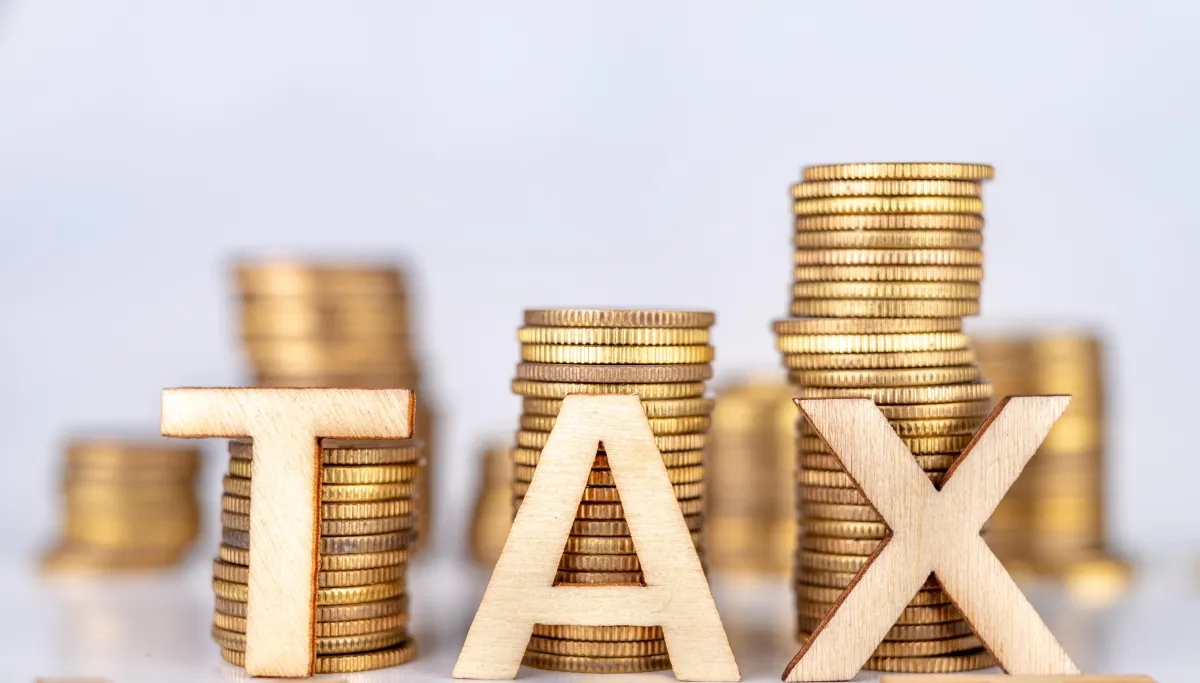How Much Money Do You Really Need to Start Tax Lien Investing?
Main Points

Today, let’s dive into what is really needed from your wallet to start investing in tax liens. This detailed explanation is important because there is a flood of misleading, inaccurate, and overly simplified information about tax lien investing available online. These false promises can create unrealistic expectations and ultimately discourage new investors.
Here at the U.S. Tax Lien Association (USTLA), we take a different approach. We pride ourselves on delivering a straightforward, evidence-based education as we understand the importance of financial freedom to our clients and the critical need to start with the truth.
If you’re just beginning your investing journey and want a clear picture of what it really takes to get started, you’re in the right place. This article will walk you through how much capital is realistically needed to begin investing in tax lien certificates and what you can expect in return.
What Exactly Is a Tax Lien Certificate?
To begin, let’s talk about tax lien certificates. Think of a tax lien certificate as a legal claim placed on a property when the owner fails to pay their property taxes. To recover those unpaid taxes more efficiently, the local government files the lien and may auction it off to investors.
When you purchase a tax lien, you’re essentially covering the tax debt, and in return, the property owner must repay you with interest, making it a potentially profitable investment.
Regarding the pricing of tax lien certificates, it’s indeed possible to find them for as little as $500, $200, $100, or even $50. While the low cost of entry is one of the most attractive features of tax lien and tax deed investing, it’s essential to look beyond just the price tag.
A cheap lien might seem like a great deal, but it could be tied to a property that’s in poor condition, located in an undesirable area, or otherwise carries little resale or rental value. Without thorough research, that “bargain” investment could quickly turn into a loss.
What truly matters is the quality of the underlying property and the likelihood of redemption; both of which require informed decision-making and proper due diligence.
It is important to note: tax lien certificates DO NOT lead to obtaining the property.
You can acquire the tax lien certificates for this small investment, but that is solely the certificate, i.e., the right to the delinquent property tax, not the physical property. The goal of tax liens is not to obtain the property, but rather to earn some interest on your money and to get a start in this system of investing.
Each County Differs
County governments issue tax lien certificates as a means to recover delinquent property taxes and support essential public services. While the general process is similar, each county and state operates under its specific laws, timelines, and procedures. That means the rules, redemption periods, interest rates, and even the availability of liens can vary significantly depending on location.
Contrary to misinformation found online, investing in tax lien certificates is not a strategy for acquiring real estate. Instead, it’s a method for safely earning fixed, secured interest, typically ranging from 8% to 24% per year, depending on the state. The focus is on steady returns, not property ownership. Understanding these distinctions is crucial before getting started.

Why 'Starting With Just $100' Creates False Expectations
When considering the question, 'how much investment capital is needed to get started in tax lien certificate investing,' the answer requires more than simply stating $100, $200, or $500. It's important for investors to have a realistic understanding of what to expect, how profitable tax lien investing is when focusing on acquiring the property, and the truth that properties are rarely acquired by investing in a “tax lien certificate.”
There are far too many fake guru’s claiming that a person can begin investing in tax lien certificates with just a couple of hundred dollars, which is true, but when they leave out vital information, it tends to create a lottery mentality by falsely leading people to believe that people are getting rich by only investing mere pennies.
With tax lien certificates, you make your money based on the interest of your investment. Although you can start with an investment of $500, you will earn very little, even over a long period, because your starting point is so low.
The Money-Making Process
Take, for example, an investment of $1,000.
Let's say the interest rate on this lien is very high, at 24%.
After one year, you only make $240. For the entire year, a $240 profit. So yes, you make money, and it is fixed and secure, but is it worth it?
Well, if you are someone who wants to get into the industry but does not yet want to own physical property, this is a great way to get started. Liens act as a great replacement for 'idle money' or investment capital that might otherwise be sitting in savings/CDs or earning lower interest rates with higher risk.
So, for this example, you would receive said interest of $240 at one time when the lien is redeemed. After that, you would need to begin again and start the process of research, buying the lien, and then waiting for it to be redeemed.

Why Investing in Tax Deeds Unlocks Greater Potential and Profits
Even though tax liens are a powerful way to earn secured interest income, they don’t always create life-changing wealth on their own.
That’s where tax deeds come in. Unlike liens, which pay interest when redeemed, tax deeds allow you to acquire the actual property; often at a fraction of its market value.
At USTLA, we specialize in teaching strategies like our Tax Sale Quick Flips. With this approach, we obtain physical properties for deeply discounted prices at tax sales and then resell them “as is” without costly renovations required. The result? Investors can generate substantial profits quickly while keeping their risk low and their capital working efficiently.
By combining tax lien investing for reliable returns with tax deed strategies for big equity gains, you create a balanced system that builds both income and long-term wealth.
Can You Build True Wealth with Tax Lien Investing?
Well, the main question we are asking is: Can you build true wealth investing just a few hundred dollars in a tax lien certificate?
In our experience, the answer is typically no. It takes more than tax lien investing to build true wealth.
The value of getting started with just a few hundred dollars lies in learning and mastering the skill set of successful tax lien investing, which can lead to financial freedom.
It is a place to start. It is a place to learn. It is a place to invest and grow.
If you are looking to purchase physical property and add to your portfolio, USTLA offers resources specifically for that purpose. Through our proprietary “Get the Property” strategy, we show you how to position yourself to not only profit from tax liens, but also acquire properties outright for just the back taxes and penalties owed. This proven method has helped thousands of investors turn overlooked opportunities into tangible property ownership.
To get started, check out our invaluable FREE 3-Module Online Tax Lien Investment Crash Course that you begin today, right from the comfort of your own home.
USTLA's FREE Comprehensive
3-Module Tax Lien Investment
Online Crash Crouse
The ultimate beginner's guide to successful tax lien
certificate & tax deed investing.
Start Learning from the Comfort of Your Home Today
Featured Lessons
Vital Information Beginner’s MUST KNOW FIRST so you can Get Started Right

Lesson #1
What is Tax Lien Investing & How Can it Help You Achieve Financial Freedom

Lesson #2
How to Acquire Properties for the Back Taxes & Penalties Only

Lesson #3
How Much Investment Capital is Needed to Get Started?
As with all investments, there is always an element of risk. Even if the interest rates are written into state government law, mandated by state government law, and are regulated by state government law, there is a chance of you losing part or all of your investment. You must always try to get the best education and practice safe investing, no matter which investment vehicle you choose.

